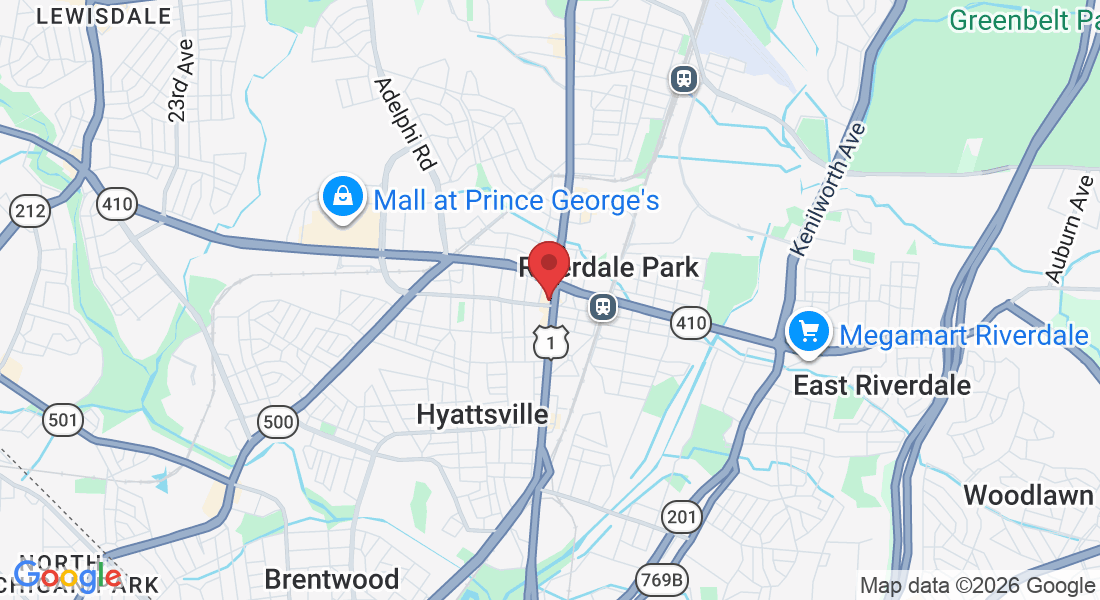How to Ensure a Smooth Experience on a Remote Online Notary Platform
For the best experience using remote online notarization services, it’s essential to ensure your internet connection and device settings meet the remote online notarization platform’s requirements. Below is a breakdown of What You Should Focus On, How to Prepare for a Successful Remote Notarization Session, and the areas Twilio checks and what each one means for your session quality.

What is Twilio, and Why Do We Use the Twilio Network Test?
How to Ensure A Smooth Remote Online Notarization
How to Ensure a Smooth Experience on a Remote Online Notary Platform
For the best experience using remote online notarization services, it’s essential to ensure your internet connection and device settings meet the remote online notarization platform’s requirements. Below is a breakdown of What You Should Focus On, How to Prepare for a Successful Remote Notarization Session, and the areas Twilio checks and what each one means for your session quality.

What is Twilio, and Why Do We Use the Twilio Network Test?
How to Ensure A Smooth Remote Online Notarization
Bandwidth and Internet Speed
Ensure your connection is strong enough for smooth video sessions.
Video: Insights and Signaling Connectivity
These general tests are crucial for any platform to verify that your device can connect to video services.
Camera and Microphone Access
Essential for video verification and interaction with the platform.
Firewall or Security Settings
Make sure nothing blocks the platform’s video and file-sharing features.
How to Prepare for a Successful Session

Internet Speed:
Ensure at least 5 Mbps upload and download speeds for smooth video and audio.
Check Firewall & Security Settings:
Make sure firewalls or antivirus software aren’t blocking the platform.
Device Compatibility:
Use a modern browser like Chrome or Edge on an updated device.
Test Your Camera and Microphone:
Confirm your device settings allow access to your camera and microphone.
Bandwidth and Internet Speed
Ensure your connection is strong enough for smooth video sessions.
Video: Insights and Signaling Connectivity
These general tests are crucial for any platform to verify that your device can connect to video services.
Camera and Microphone Access
Essential for video verification and interaction with the platform.
Firewall or Security Settings
Make sure nothing blocks the platform’s video and file-sharing features.
How to Prepare for a Successful Session

Internet Speed:
Ensure at least 5 Mbps upload and download speeds for smooth video and audio.
Check Firewall & Security Settings:
Make sure firewalls or antivirus software aren’t blocking the platform.
Device Compatibility:
Use a modern browser like Chrome or Edge on an updated device.
Test Your Camera and Microphone:
Confirm your device settings allow access to your camera and microphone.
Twilio Results Explained
1. NTS: TURN TCP Connectivity
This tests if your device can connect to Twilio’s TURN server using TCP (Transmission Control Protocol).
Why it matters:
TURN servers help maintain video call quality in restricted networks. Passing ensures a higher chance of a stable connection.
2. NTS: TURN TLS Connectivity
This tests if your device can connect to Twilio’s TURN server using TLS (Transport Layer Security).
Why it matters:
TLS adds an extra layer of security to your connection. Passing means your connection is encrypted and secure.
3. Voice: Bandwidth
This determines how many simultaneous Twilio Voice calls your network can support.
Why it matters:
This ensures that your internet connection is fast enough to handle high-quality voice calls without interruptions.
4. Voice: Test Call using PCMU
This tests your ability to make a voice call using the PCMU codec
(a standard audio compression format).
Why it matters:
A successful test means your voice calls will work with excellent sound quality.
5. Voice: Test Call using Opus
This tests your ability to make a voice call using the Opus codec (a more advanced audio compression format).
Why it matters:
Opus provides even better sound quality than PCMU, especially in variable network conditions.
6. Video: Insights Connectivity
This verifies if your browser can connect to Twilio’s Insights endpoint, which collects call statistics and quality information.
Why it matters:
This connection helps monitor and optimize your video call experience in real time.
7. Video: Signaling Connectivity
This tests your connection to Twilio’s signaling endpoint, which manages the setup and control of video sessions.
Why it matters:
Passing this test means you can successfully initiate and manage video calls.
8. Video: Test Group Room with TURN
(Do not be concerned if your computer fails this part of the test)
This tests your ability to connect to a group video room using a TURN relay server.
Why it matters:
TURN servers act as a backup when direct peer-to-peer connections are not possible. Failing may indicate network restrictions (firewalls) that could affect your video calls in group settings.
9. Video: Test Group Room without TURN
(Do not be concerned if your computer fails this part of the test)
This tests your ability to connect directly to a group video room without using a TURN relay server.
Why it matters:
Failing this test means your device couldn’t establish a direct connection, which may lead to issues in group video sessions.
Twilio Results Explained
1. NTS: TURN TCP Connectivity
This tests if your device can connect to Twilio’s TURN server using TCP (Transmission Control Protocol).
Why it matters:
TURN servers help maintain video call quality in restricted networks. Passing ensures a higher chance of a stable connection.
2. NTS: TURN TLS Connectivity
This tests if your device can connect to Twilio’s TURN server using TLS (Transport Layer Security).
Why it matters:
TLS adds an extra layer of security to your connection. Passing means your connection is encrypted and secure.
3. Voice: Bandwidth
This determines how many simultaneous Twilio Voice calls your network can support.
Why it matters:
This ensures that your internet connection is fast enough to handle high-quality voice calls without interruptions.
4. Voice: Test Call using PCMU
This tests your ability to make a voice call using the PCMU codec
(a standard audio compression format).
Why it matters:
A successful test means your voice calls will work with excellent sound quality.
5. Voice: Test Call using Opus
This tests your ability to make a voice call using the Opus codec (a more advanced audio compression format).
Why it matters:
Opus provides even better sound quality than PCMU, especially in variable network conditions.
6. Video: Insights Connectivity
This verifies if your browser can connect to Twilio’s Insights endpoint, which collects call statistics and quality information.
Why it matters:
This connection helps monitor and optimize your video call experience in real time.
7. Video: Signaling Connectivity
This tests your connection to Twilio’s signaling endpoint, which manages the setup and control of video sessions.
Why it matters:
Passing this test means you can successfully initiate and manage video calls.
8. Video: Test Group Room with TURN
(Do not be concerned if your computer fails this part of the test)
This tests your ability to connect to a group video room using a TURN relay server.
Why it matters:
TURN servers act as a backup when direct peer-to-peer connections are not possible. Failing may indicate network restrictions (firewalls) that could affect your video calls in group settings.
9. Video: Test Group Room without TURN
(Do not be concerned if your computer fails this part of the test)
This tests your ability to connect directly to a group video room without using a TURN relay server.
Why it matters:
Failing this test means your device couldn’t establish a direct connection, which may lead to issues in group video sessions.
Notary Public Notice

Notary Public Notice









